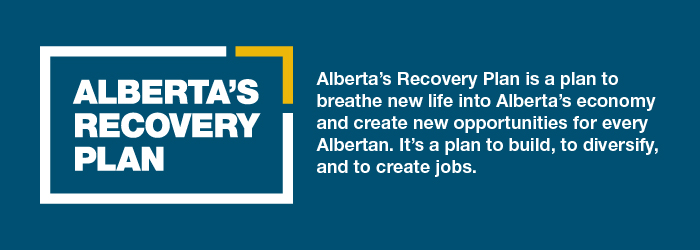Research shows that carbon capture and storage is a safe way to store carbons deep underground to reduce greenhouse gas emissions. If developed, these hubs will help safely grow and diversify Alberta’s energy sector and reduce emissions for multiple industries.
“Carbon capture and storage is proven, safe and effective. We are ensuring that carbon capture and sequestration will be deployed responsibly and strategically over the long term in the best interest of Albertans. This will help meet the increasing demand from industry and help significantly reduce emissions.”
The International Energy Agency is among the sources that have said carbon capture is critical for ensuring Canada meets its emission reduction targets in the coming years.
The list of proposals and companies includes:
- Meadowbrook Hub Project, Bison Low Carbon Ventures Inc. for a potential sequestration hub north of Edmonton
- The Open Access Wabamun Carbon Hub, Enbridge Inc. for a potential sequestration hub west of Edmonton
- The Origins Project, Enhance Energy Inc. for a potential sequestration hub south of Edmonton
- Alberta Carbon Grid™, Pembina Pipeline Corporation and TC Energy for a potential sequestration hub north and northeast of Edmonton
- Atlas Carbon Sequestration Hub (Atlas Hub), Shell Canada Limited, ATCO Energy Solutions Ltd. Suncor Energy Inc., for a potential sequestration hub east of Edmonton
- Wolf Midstream and partners for a potential sequestration hub east of Edmonton.
Companies will be invited to work with government to further evaluate the suitability of each location for safely storing carbon from industrial emissions. If the evaluation demonstrates that the proposed projects can provide permanent storage, companies can work with the government on an agreement that provides them with the right to inject captured carbon dioxide. This agreement will also ensure they will provide open access to all emitters and affordable use of the hub.
The Alberta Energy Regulator will ultimately approve only projects that meet Alberta’s rigorous safety and environmental standards.
Alberta’s skilled workforce and years of expertise in carbon capture, utilization and storage (CCUS) are critical to helping industries in Alberta – and across Canada – meet our country’s emissions goals. For example, the Quest and Alberta Carbon Trunk Line projects have safely captured and stored more than seven million tonnes of carbon dioxide since starting operations. CCUS is also used in several jurisdictions in the world to reduce emissions, including Saskatchewan, several U.S. states and Norway.
A second request for full project proposals to provide carbon storage services to regions across the rest of the province is now open. Applications will be accepted from April 25 to May 2.
Quick facts
- Alberta is a leader in developing this technology and has some of the most stringent guidelines in the world to protect public safety, the environment and landowners.
- Continuing to advance this technology will help Alberta diversify the energy sectors and reduce emissions in many different industries, including concrete and fertilizer, and hydrogen development.
- Alberta has ideal geology for CCUS. Rock formations that have securely stored oil and gas for millions of years can also safely store CO2 permanently.
- Captured carbon dioxide from large-scale projects is stored in porous underground geological formations deep below the earth’s surface, typically more than one kilometre underground.
- Research demonstrates that various geological trapping mechanisms prevent the carbon dioxide from having any impact on water, plants or the soil.
- Specific project details, including exact locations, will be determined as proposals are further evaluated and the tenure and regulatory processes are completed.
